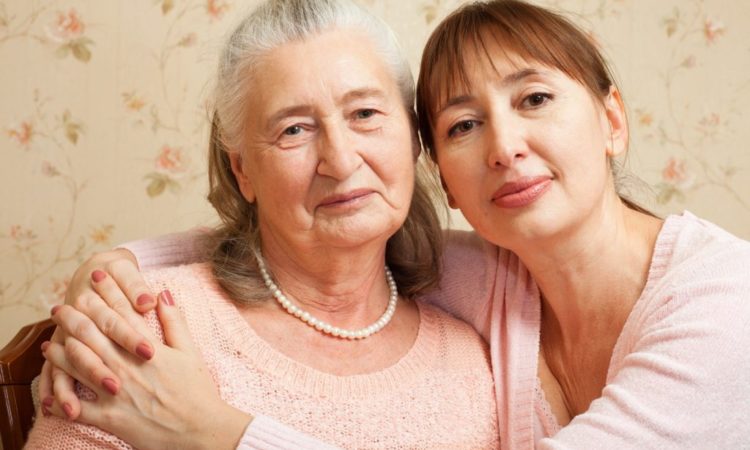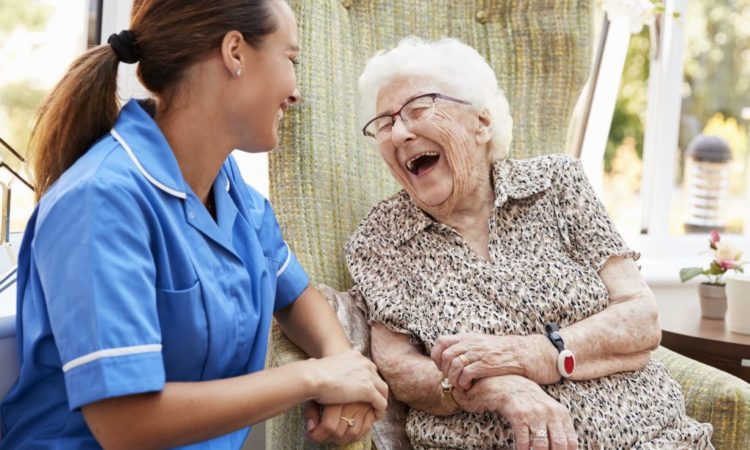Hollenbeck Palms
Why Friendships Are Important for Someone Experiencing Dementia Symptoms

Dementia is sometimes characterized as a disease that hovers between life and death. Such beliefs contribute significantly to the stigma, anxiety and perceived shame that often accompany dementia symptoms.
Dementia is both one of the most feared and one of the most common types of aging-related deterioration. Dementia is less common in people under age 60, although after age 65, the risk of having it increases significantly. Dementia affects about 7% of adults over age 60. After age 85, the percentage increases to 30%.
How does it feel when a friend develops dementia and how do they react?
Close relatives are often encouraged to step forward to help with dementia’s problems, and many do so. What role friends can or should play, however, is less obvious.
The Role of a Friend
Friends’ reactions to dementia are important for many reasons.
The challenges and pressures faced by caregivers of people with dementia could be less overwhelming if friends and other social relationships remained more present in their lives. Friendships are essential to older adults with dementia for the same reasons they are to everyone else: They provide pleasure, encouragement and a sense of social identity.
Because of changing patterns of marriage, childbirth, longevity, living arrangements and geographic mobility, a growing number of older adults with dementia do not have family members willing to make medical decisions or take on caregiver roles. For them, the reactions of those around them may mean life or death.
There may be lessons to be learned from those who have found reasons and ways to sustain friendships since the start of dementia, lessons that can be shared with people who are in similar circumstances. A friend who stays in a relationship with someone with dementia may learn more about the disease and develop in unexpected ways.
According to this study, friendships with people living with dementia provide importance, interest, sense and enjoyment for some people.
Even in the Darkness, There Is Light
Dementia may appear to be a terrifying and depressing topic, but studies provide reasons to be optimistic. Although there is currently no cure and only a few successful therapies available, this does not mean there is nothing we can do.
There is a lot we can do to make dementia patients’ lives better. And we should do whatever we can to help people with dementia, not just because they are fellow members of our human society, but also because all of us could be affected in the future. Remember that we cannot, stop or change dementia, but we can manage it and have meaningful interactions by joining the person with dementia in their feelings.
At Hollenbeck Palms, we have a best-selling author and dementia expert who trains our whole staff on how to be “Dementia Aware.” This includes techniques on how to communicate and care for someone with dementia and also understand what is behind dementia so there is less of a stigma around the disease.
We encourage the families and friends of some of our residents to do the same.
As Dr. Suess once said: “To the world you may be one person; but to one person you may be the world.” Join your friend in their world because it will mean the world to them.
We are opening a Memory Enhancement Center in the summer of 2021. To reserve your spot, please e-mail [email protected] or call 323-307-4505.


